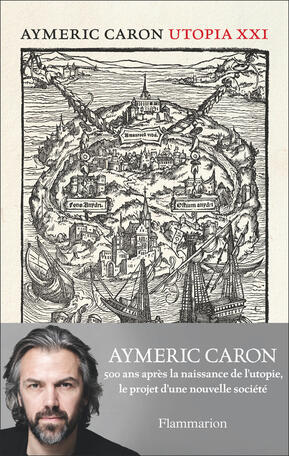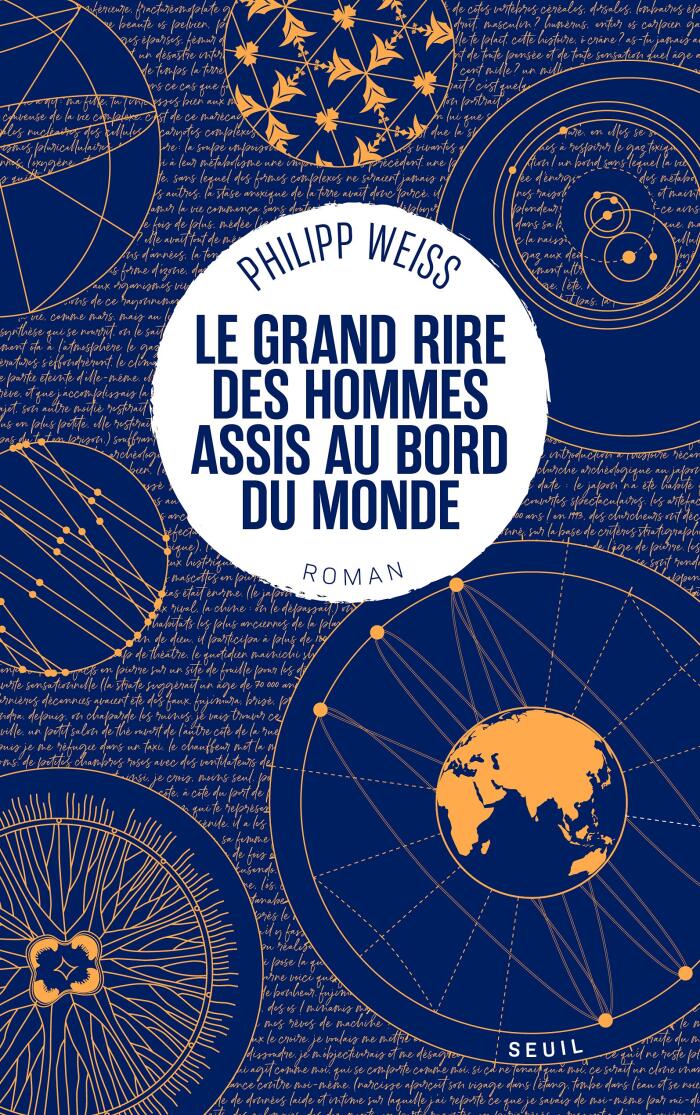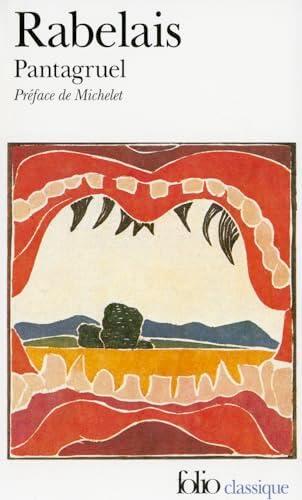
Utopia XXI
No ratings yet
Dystopian
Format
Paperback
Pages
528
Language
French
Published
Nov 22, 2017
Publisher
Flammarion
ISBN-10
2081383764
ISBN-13
9782081383760
Description
Set against the backdrop of an ever-evolving world, Aymeric Caron embarks on a thought-provoking exploration of utopian ideals suffused with contemporary relevance. Five centuries after Thomas More's seminal work, which introduced the concept of an ideal society, Caron invites readers to reflect on the journey and transformation of these ideals throughout history.
Through a blend of historical analysis and philosophical inquiry, he examines how the notion of utopia has shifted and adapted in response to societal changes, technological advancements, and environmental challenges. Caron artfully articulates the disparate visions of what constitutes a perfect society, provoking deep questions about morality, governance, and communal living.
This compelling narrative challenges readers to confront the stark contrasts between the dream of utopia and the reality of modern life. It serves as a reminder that while striving for an ideal can be fraught with difficulties, the pursuit itself is essential for fostering progress and sparking meaningful dialogue.
As Caron delves into the possibilities of the future, he ignites a sense of hope, encouraging individuals to envision a world where collective aspirations can lead to positive transformation. This journey through utopia not only pays homage to More's original vision but also revitalizes it for a new generation, urging a reexamination of individual roles within the broader tapestry of society.
Through a blend of historical analysis and philosophical inquiry, he examines how the notion of utopia has shifted and adapted in response to societal changes, technological advancements, and environmental challenges. Caron artfully articulates the disparate visions of what constitutes a perfect society, provoking deep questions about morality, governance, and communal living.
This compelling narrative challenges readers to confront the stark contrasts between the dream of utopia and the reality of modern life. It serves as a reminder that while striving for an ideal can be fraught with difficulties, the pursuit itself is essential for fostering progress and sparking meaningful dialogue.
As Caron delves into the possibilities of the future, he ignites a sense of hope, encouraging individuals to envision a world where collective aspirations can lead to positive transformation. This journey through utopia not only pays homage to More's original vision but also revitalizes it for a new generation, urging a reexamination of individual roles within the broader tapestry of society.
Reviews
Reading Log
No reading logs found
Start tracking your reading progress to see logs here
Add Your First Reading LogNotes
Transaction Log
No transaction logs found
Start tracking your book transactions to see logs here
Add Your First Transaction Log




